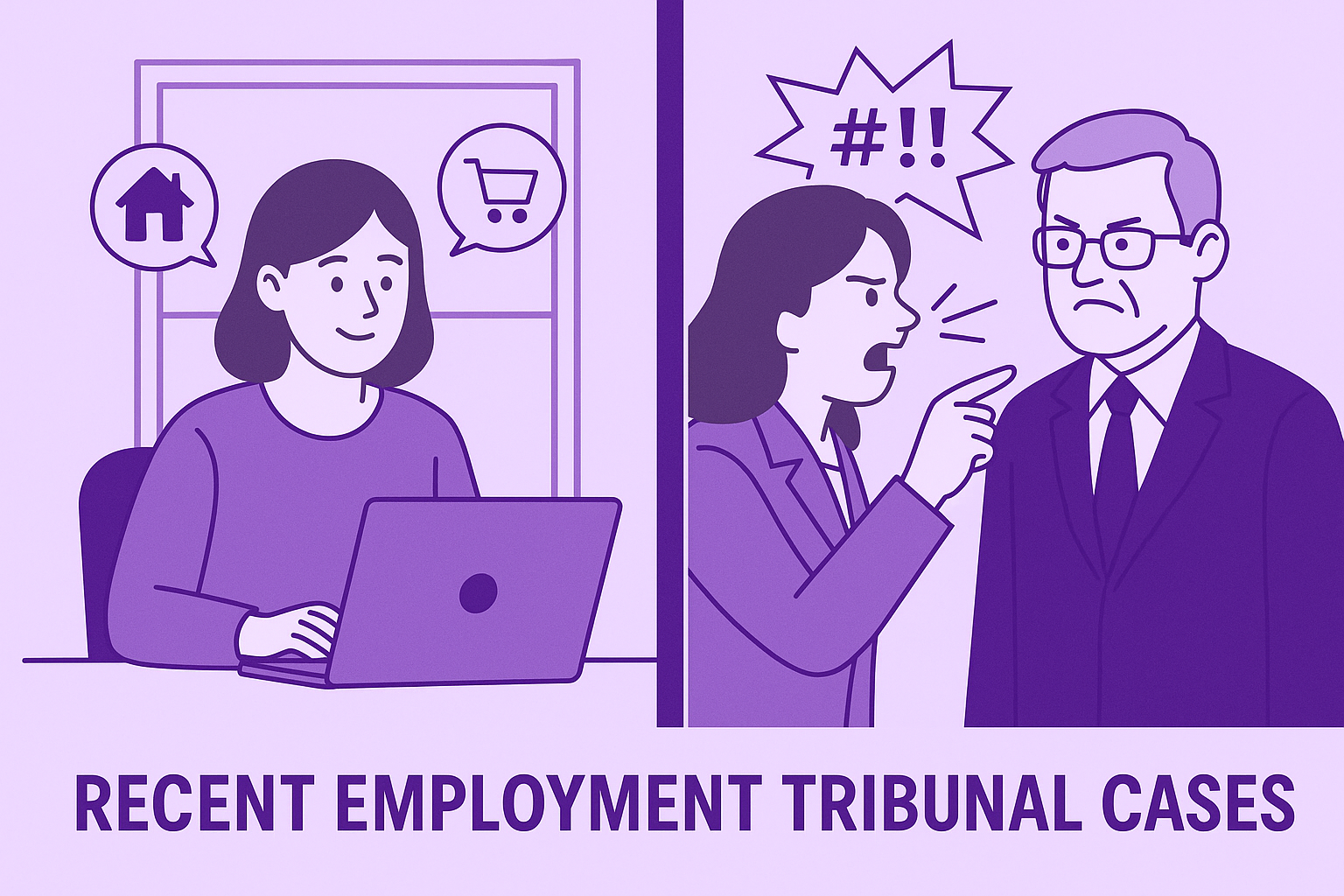You suspect that an employee is stealing from the Company, what do you do? If you get things wrong from the start, it is far harder to recover and can be very damaging.
Allegations of theft are probably one of the most difficult things to deal with as a business owner as it raises so many emotions and can create mistrust. You would probably want concrete evidence before you accuse an employee of theft. However, in most cases it is not always clear cut and this is why you have to conduct a thorough investigation.
The harsh reality is that get the process wrong and, regardless of the guilt of the thief, as a business you are in the wrong and could lose an employment tribunal case.
There are multiple stages to dealing with a theft and these include an investigation, potentially a suspension, a disciplinary process and in some cases reporting to the police and / or relevant regulators.
The common questions we get asked are:
- can I search their bag or locker?
- can I use CCTV evidence?
- can I install cameras?
- can I monitor their emails and access their systems?
The key to all of the questions is, what does your policy say?
You can ‘stop and search’ employees if you have a policy in place, the policy would allow you to ‘stop and search’ if you have reasonable grounds to suspect that that the employee has committed an illegal act. The same applies to the use of CCTV evidence as long as you have a policy and you alert employees about where cameras are located and you allow them to see the evidence and to respond to it.
Any monitoring of employee communications must be carried out in compliance with the UK General Data Protection Regulations (GDPR). We advise that you have a clear policy on this as well. The Information Commissioner’s data protection employment practices code states that, ‘before monitoring employees’ communications, employers should identify the purpose behind the monitoring, set out clear rules and standards for how monitoring will be carried out and communicate these to employees.’
In terms of the investigation, it is important this process is handled with sensitivity by a person who has had training and experience of carrying out investigations.
The first step is to consider whether suspension is appropriate, if you decide to suspend the employee it has to be on full pay, you need to confirm the suspension in writing and commence the investigation without delay. The advice these days is that suspension should be avoided as far as possible and as long as there is no risk to the investigation or witnesses. You should consider moving the employee to another role if practical to do so, to avoid a suspension which can be seen as a punishment and is visible to others and can be damaging.
The investigating manager will determine who the key witnesses are and what evidence to gather, once the investigation has been completed they will write a report and give their recommendation. If there is evidence to substantiate the allegations, they will recommend that a disciplinary hearing is convened. It may be that there is no or insufficient evidence, in which case they must draw their conclusions on the balance of probability. If there is no case to answer, then the alleged thief must be told and informed in writing that the allegations are dropped. There is then damage limitation to be done while relationships are rebuilt.
If the investigation results in a recommended disciplinary process, you will need to ensure you follow a formal disciplinary process which meets or exceeds minimum legal standards. The outcome of this process may be to issue a sanction or to terminate the employment. It is vital that you follow your own policies and procedures if you have a Disciplinary Policy. If you don’t have a policy you need to follow the ACAS code of practice on disciplinary and grievance procedures. If you fail to follow either your own policy or the ACAS Code the employee will be able to bring a claim for failure to follow a legal procedure.
Failure to follow any part of the ACAS Code does not of itself make an employer liable to a claim. However, employment tribunals must take the ACAS Code into account where relevant when considering whether an employer has acted reasonably or not. In addition, in certain types of claim, an employment tribunal (ET) awarding compensation has the power to increase that compensation by up to 25% where the employer has unreasonably failed to follow the ACAS Code. When considering an uplift, the ET will consider what is “just and equitable in all the circumstances.”
If you are ever unsure about the process to follow, we urge you to seek advice.
What feels rights is not necessarily what is legally right,
and that has been the downfall of many business owners,
who believe that doing the right thing will keep them out of trouble.
This article was first published in our quarterly newsletter, PeopleTalk.
To grab yourself a copy, hit the button below and let us have your details.
We’ll then deliver a copy of PeopleTalk straight to your inbox.



